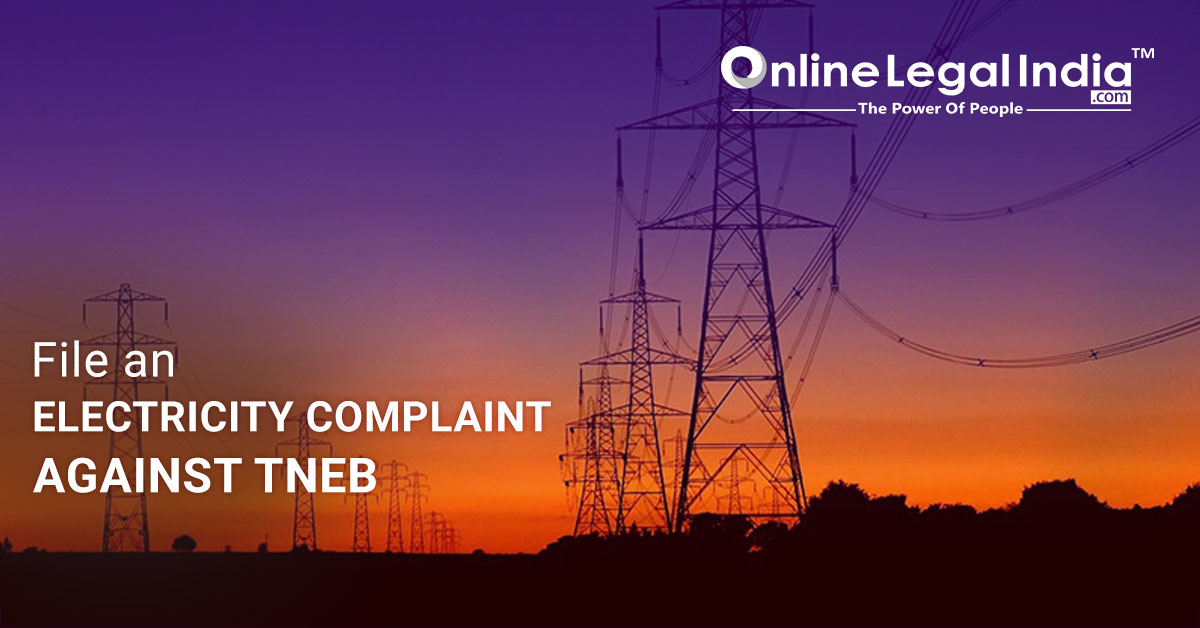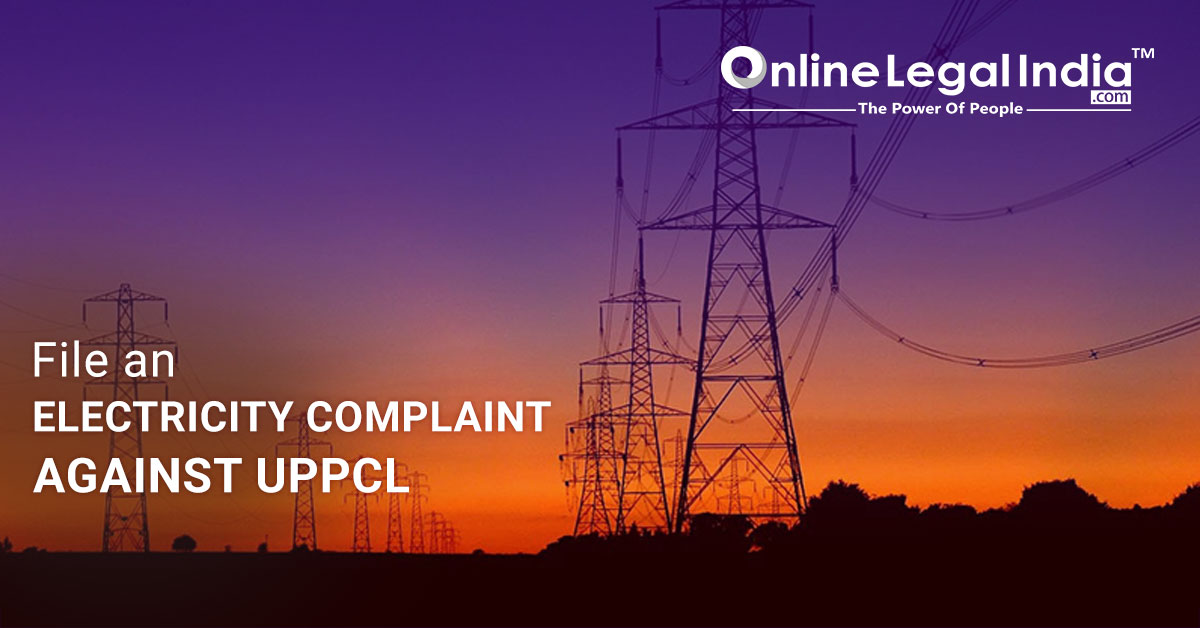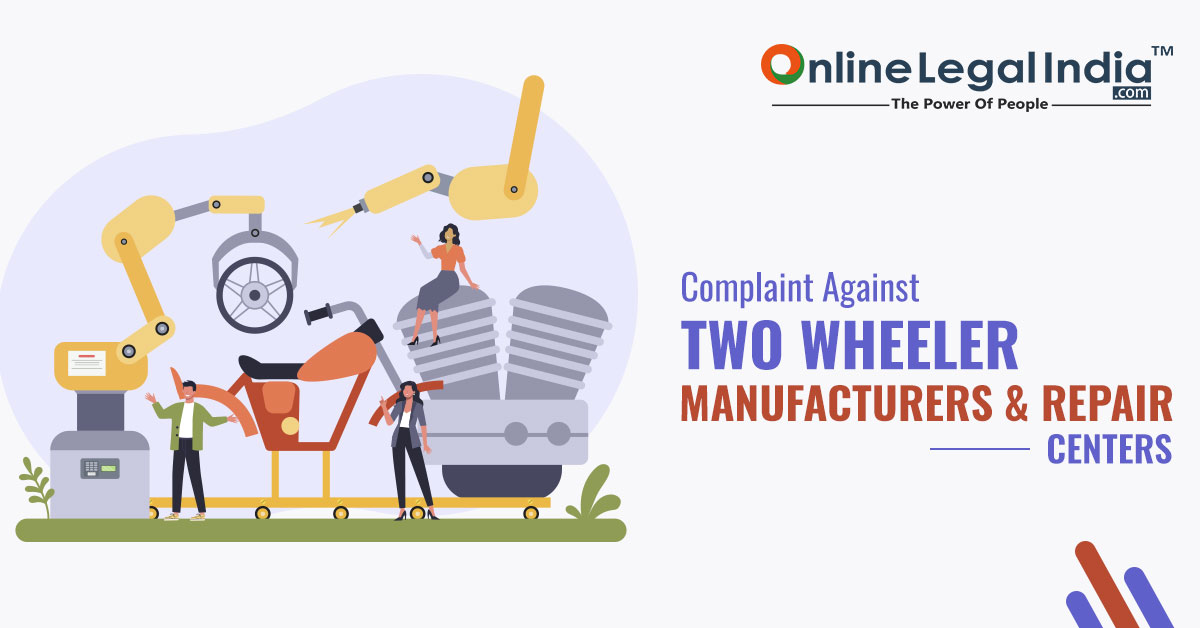Know the Cost to trademark a name and all the fees required
23 Apr, 2024

 By Online Legal India
Published On 28 Oct 2022
Category Divorce
By Online Legal India
Published On 28 Oct 2022
Category Divorce
Divorce is the legal dissolution of a marriage. Thoughts and opinions about the marriage system evolve over time. Divorce laws in India are also subject to change based on the needs of the moment. As a result, understanding the new divorce regulations in India in 2022 is essential. There used to be very few divorces in India in the past. However, it has been noticed that people's attitudes have shifted with time.
If the parties believe they cannot continue the marriage, they do not hesitate to file for divorce. The courts adopt regulations to settle divorce disputes and ensure fairness to both parties. You can also opt for a lawyer for legal advice on divorce.
In 1869, the Indian Divorce Act was established in the Indian legal system. Divorce regulations and procedures in India differ depending on the couple's community. As previously stated, divorce is governed by the Indian Divorce Act for Christians, the Hindu Marriage Act of 1955 for Hindus, Buddhists, Sikhs, & Jains, the Dissolution of Muslim Marriages Act of 1939 for Muslims, the Parsi Marriage & Divorce Act of 1936 for Parsis, and the Special Marriage Act of 1956 for civil and inter-community marriages. The state of Jammu & Kashmir is not covered by this divorce Act, although persons residing in other states but domiciled in Jammu & Kashmir would be eligible for these laws and requirements.
Section 13B (2) states that when spouses file for divorce with mutual consent, the court must provide them with a six-month opportunity to contemplate any changes to their decision. The court grants this interval in order to salvage the marriage. After 6 months, the couple can decide whether to reconcile or divorce.
A six-month recovery time was required. However, under the new regulation, it is no longer required and is left to the discretion of the court. The court may determine, based on the facts & circumstances of the given case, whether a six-month rehabilitation period is required or if the couple should be permitted to divorce immediately.
This was evident in the Supreme Court's decision in the Akanksha vs. Anupam Mathur case. The court was convinced that the couple had made a deliberate choice to divorce, and there was no need to make the parties wait another 6 months for divorce. The court decided to suspend the six-month timeframe and dissolve the marriage.
When a couple decides that they can no longer stay together as married partners, this is referred to as separation or the collapse of the marriage. The partners may or may not live in the same place but are not married. In divorce law, there are no special laws regarding this subject.
It relies on the court to determine whether the separation may be used as grounds for divorce. If the court believes there is no chance of the couple reuniting, or if both or either of the spouses is reluctant to live with each other, the divorce might be granted.
The Supreme Court ruled in Sangamitra Ghose vs Kajal Kumar Ghosh that the parties' marriage was irretrievably destroyed and that there was no way to mend the bond of the marriage. As a result, the Supreme Court ruled that the couple may divorce based on the irreversible dissolution of their marriage.
The court may mandate the payment of support under the Hindu Marriage Act of 1955. This is to assist women in maintaining their quality of living following divorce. If the marriage is not recognised by Hindu law, the lady may seek support as per Section 125 of the Criminal Procedure Code.
In the perspective of the law, a live-in relationship is considered a marriage. As a result, under the Code of Criminal Procedure, a woman who was in a live-in relationship can also seek maintenance from the live-in partner. Furthermore, if the couples have been in a long-term live-in relationship, there is no requirement to produce stringent proof of marriage.
The victim, i.e. the wife or live-in partner, can now seek remedies per the Protection of Women from Domestic Violence Act even if she is ineligible under the Criminal Procedure Code. In addition, the victim lady may seek a more severe remedy under the Protection of Women from Domestic Violence Act than is provided under the Code of Criminal Procedure.
Adultery can be deemed a reason for divorce under the new regulations, although it is not penalised. The court stated that penalising the partner and his or her lover with whom he or she committed adultery cannot be a solution to save the marriage. The partners can seek divorce on the basis of adultery, but there is no penalty for adultery.
The practice of triple talaq in Muslim law has proven arbitrary to Muslim women. Because just uttering 'talaq' three times cannot be grounds for divorce. The Supreme Court agreed and ruled that triple talaq was illegal. The rationale is that it violates Muslim women's fundamental rights.
The Government is now debating the Triple Talaq measure. Following the passage of the measure, the law will control divorces among Muslims.
The attitude of Christian law on divorce has changed. A Civil Court, not an ecclesiastical institution, must grant the divorce decision. This is required because the divorce order creates a claim against the global community. The Molly Joseph v. George Sebastian decision establishes the law on the matter (1996). According to the decision, divorce in personal law cannot overrule the legislation. Furthermore, if personal law approves divorce and the individual marries someone else, it is considered bigamy. As a result, only civil courts have the authority to decide on divorce, Christians. Any order made by personal law or the Ecclesiastical Tribunal is superseded by the order or decision of the Civil Court.
This modification can be beneficial in terms of maintenance because it allows wives to the husband's part of the immovable property accumulated during their marriage in circumstances of irretrievable breakdown. This reward, however, is only available in situations of "irretrievable dissolution of marriage," not in other types of divorce. According to Section 13F of the Amendment Bill, the woman has the right to obtain a portion of the husband's property before or after marriage. The Bill solely applies to irretrievable marriage breakdowns and not to other situations. Furthermore, the Bill stipulates that a woman has the right to object to the divorce claiming financial issues, but the husband does not.
Everyone engaged in a divorce experiences stress. Hiring a lawyer to conclude a divorce is one method of reducing divorce stress. While the lawyer will need information from you about the case, he or she will give legal advice on divorce and also handle all of the paperwork, giving you more time to care for yourself and your family. Because of his/her years of expertise with similar cases, an experienced divorce lawyer can provide you with competent guidance on how to handle the divorce case. Using the Online Legal India Advice service, you may also seek legal advice on divorce from qualified divorce/matrimonial lawyers.
A divorce lawyer is an expert on the rules and may help you avoid costly mistakes that will require future legal processes to fix. Thus, by employing a lawyer, a person may ensure that there will be no delays and that the divorce will be finished as soon as feasible.
There is always a requirement for legal change. The ideas, ideals, and morals of society are always changing as time passes. This is a fundamental reason for repeatedly amending the legislation. Divorce laws in India are vital for regulating marital dissolution and resolving issues between spouses. However, if it is clear that no resolution can be achieved, divorce should be granted. The reformation of divorce focuses on the significant changes that our society has undergone. The discretionary powers of the courts are very crucial in settling divorce proceedings. Marriages cannot be ended abruptly. As a result, the laws and reasons for divorce must be revised as needed.

Know the Cost to trademark a name and all the fees required
23 Apr, 2024

How to Register a Brand Name
17 Apr, 2024

How Can You Download FSSAI Certificate?
15 Apr, 2024

Copyright a Business Name Know the Procedure
13 Apr, 2024

Top 10 Law Firms in India
11 Apr, 2024

Consumer Complaint against Tamil Nadu Electricity Board TNEB
30 Nov, 2020

How to Take Legal Action against Mental Harassment in India?
07 Nov, 2020

UPPCL Uttar Pradesh Power Corporation Ltd. Complaint Filing
19 Nov, 2020

How to File a Complaint Online in Consumer Court in India
27 Nov, 2020

Online Complaint Filing against Hero Motocorp
04 Dec, 2020